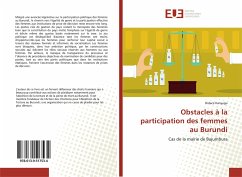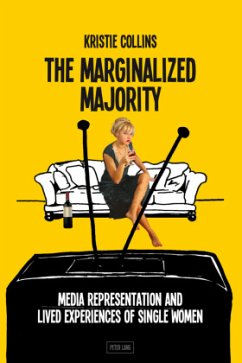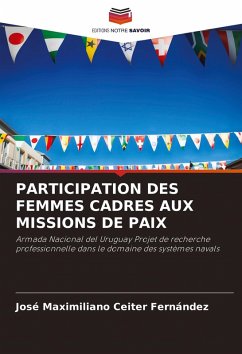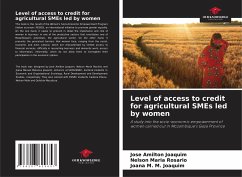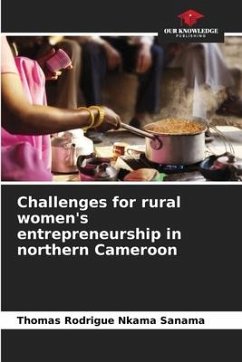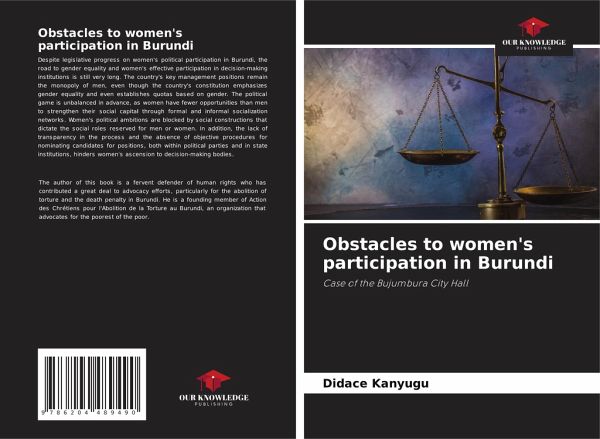
Obstacles to women's participation in Burundi
Case of the Bujumbura City Hall
Versandkostenfrei!
Versandfertig in 6-10 Tagen
27,99 €
inkl. MwSt.

PAYBACK Punkte
14 °P sammeln!
Despite legislative progress on women's political participation in Burundi, the road to gender equality and women's effective participation in decision-making institutions is still very long. The country's key management positions remain the monopoly of men, even though the country's constitution emphasizes gender equality and even establishes quotas based on gender. The political game is unbalanced in advance, as women have fewer opportunities than men to strengthen their social capital through formal and informal socialization networks. Women's political ambitions are blocked by social const...
Despite legislative progress on women's political participation in Burundi, the road to gender equality and women's effective participation in decision-making institutions is still very long. The country's key management positions remain the monopoly of men, even though the country's constitution emphasizes gender equality and even establishes quotas based on gender. The political game is unbalanced in advance, as women have fewer opportunities than men to strengthen their social capital through formal and informal socialization networks. Women's political ambitions are blocked by social constructions that dictate the social roles reserved for men or women. In addition, the lack of transparency in the process and the absence of objective procedures for nominating candidates for positions, both within political parties and in state institutions, hinders women's ascension to decision-making bodies.



